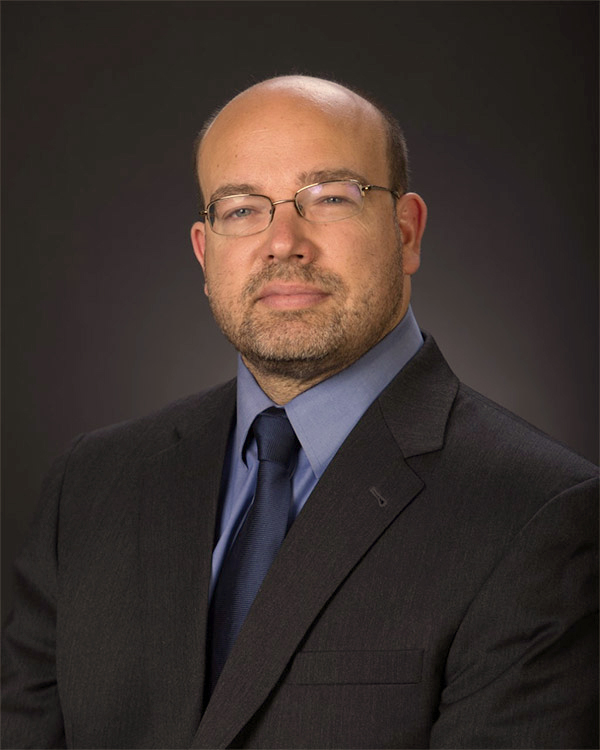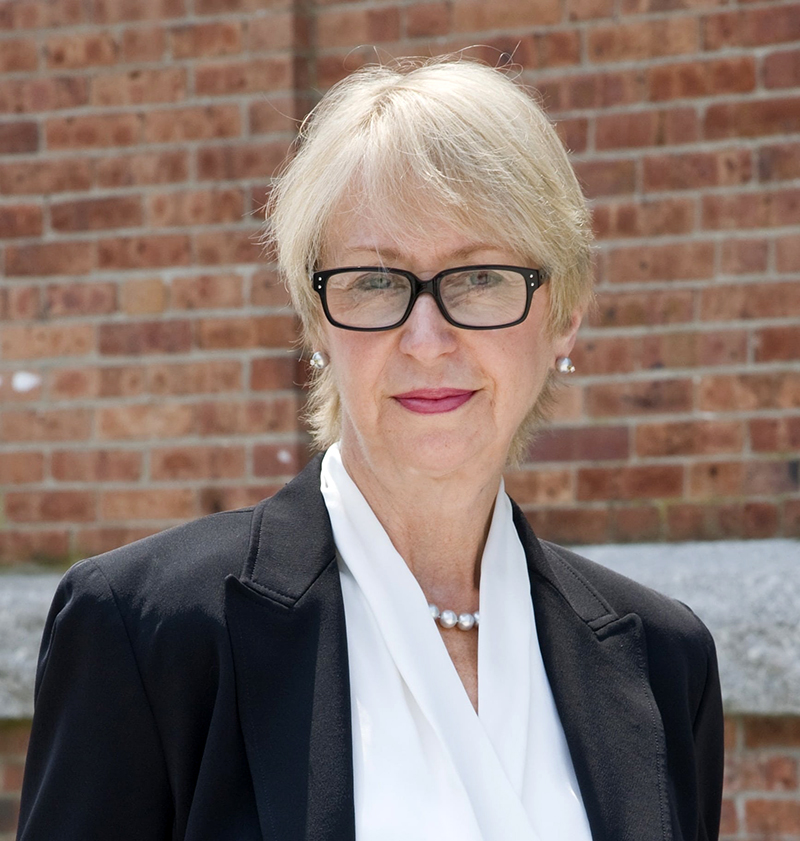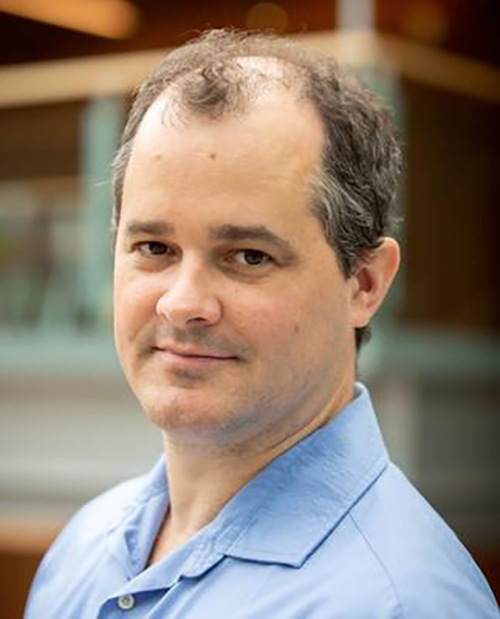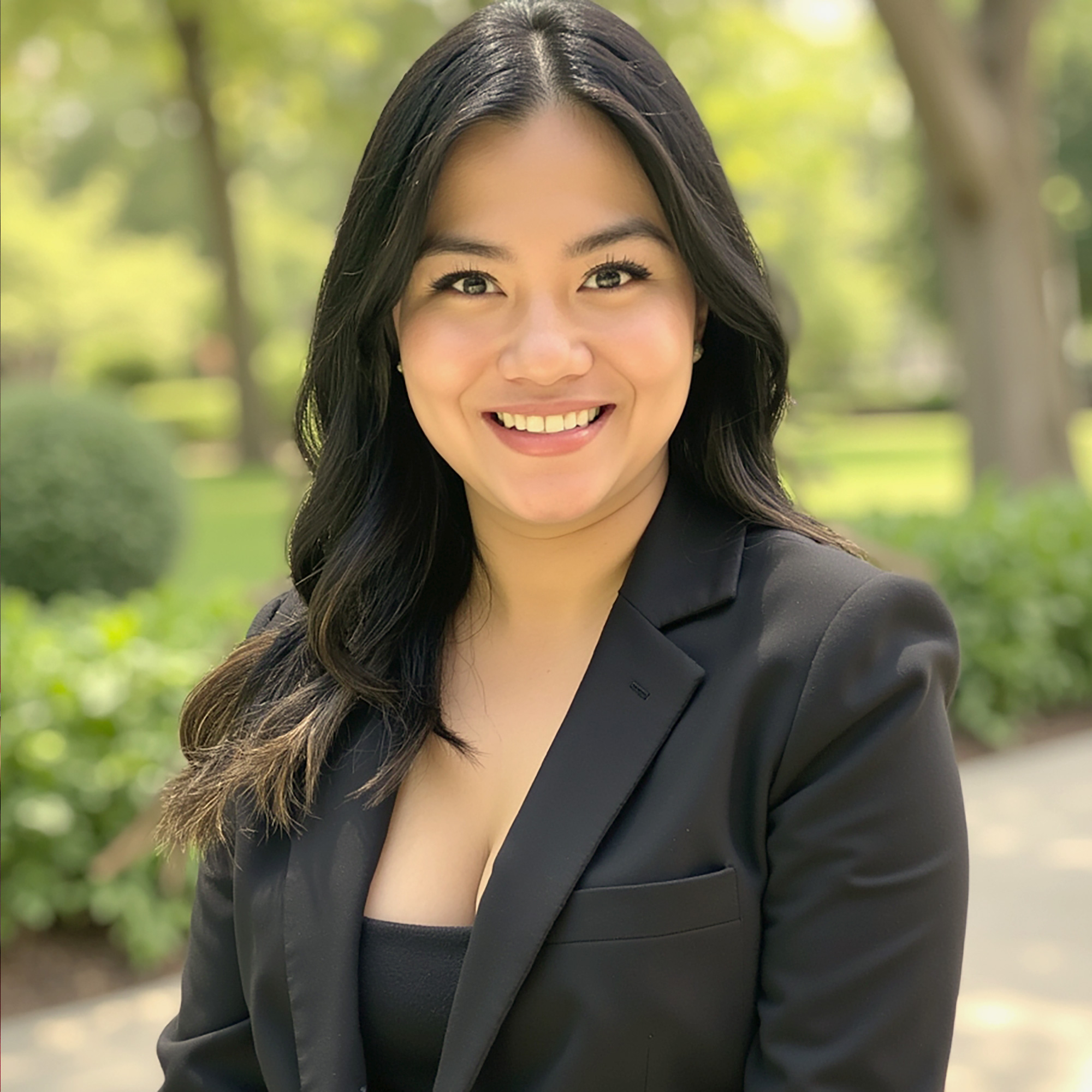Program Overview
In today’s globalized world, a master’s in international relations can be instrumental in opening doors to an array of career opportunities — including diplomacy, journalism, international business, negotiation, and conflict resolution.
In the International Relations Master’s Degree Program, you may focus on social, political, cultural, economic, environmental, security, and other issues that extend beyond borders, including the exploration and governance of shared territories, across the globe and into space.
Through the international relations program, you’ll:
- Gain a comprehensive understanding of global issues — such as international politics, economics, and law — to develop multicultural competence.
- Use social science methods to examine economic, political, social, and environmental processes and implications of international interactions.
- Learn to navigate rapidly changing circumstances, deepening your knowledge of the world and its complexities.
- Develop critical insights into the precursors, processes, and outcomes of international interactions between governments, organizations, and individuals.
- Graduate with a Harvard University degree: Master of Liberal Arts (ALM) in Extension Studies in the field of International Relations.
Courses
As you work through the program’s 12 courses, as well as a thesis or capstone project, you’ll have the opportunity to examine topics like human rights, international security, armed conflict, comparative politics, and world religions. You can pursue either a thesis or capstone track.
Example Courses
- Strategy, Conflict, and Cooperation
- Democracy: Breakthroughs and Breakdowns
- Globalization and the Nation-State
- The Geopolitics of Technology
- Intelligence and International Security
You’ll join faculty and peers for the on-campus course Engaging in Scholarly Conversation. See course spotlight.
Stackable Certificate
As you work your way toward your master’s degree, you can take courses that also count — or “stack” — toward a graduate certificate. It’s a cost-effective, time-saving opportunity to build specialized skills and earn a professional credential along the way to your degree. For each certificate, you can choose courses that best fit your goals.
Stackable graduate certificates include:
Admissions
The path to your degree begins before you apply to the program. You’ll earn your way in through our performance-based admissions, completing coursework for admission and earning credits toward your degree right away.
Next Start Term
You can enroll in your first admission course this fall. Course registration opens July 21.
Featured Faculty
Our international relations instructors bring a genuine passion for teaching, with students giving our faculty an average rating of 4.6 out of 5.
Career Opportunities & Alumni Outcomes
Graduates of our International Relations Master’s Program work in the fields of international affairs, environmental services, public relations, financial services, management consulting, government administration, law, and more.
Sample Alumni Job Titles
- Foreign Affairs Officer
- Government Administration Consultant
- Defense and National Security Research Manager
- Energy Policy Analyst
- Assistant Attorney General
- Director of Policy and Research
- Sustainable Development Consultant
- Chief of Congressional and Media Affairs
- Watch Officer, White House Situation Room
Sample Alumni Employers
Our alumni work at a variety of leading organizations, including:
- American Red Cross
- Apple
- Boeing
- Booz Allen Hamilton
- UNICEF
- United States Department of Defense
- United Nations
- Wells Fargo
Sample Doctoral Programs
Some alumni continue their educational journeys and pursue further studies at other nationally ranked institutions, including:
- Boston College
- Brandeis University
- Duke University
- Georgetown University
- Northeastern University
- Northwestern University
- Yale University
- Harvard Kennedy School of Government
Program Benefits
Experience a rigorous curriculum. 98% of recent graduates would recommend the program.
Access career advising and other services through Harvard’s Mignone Center for Career Success.
Complete an in-depth thesis or capstone project.
Explore paid research opportunities through the Faculty Aide Program.
Become a member of the worldwide Harvard Alumni Association (400,000+ members) and Harvard Extension Alumni Association (29,000+ members).
Tuition & Financial Aid
Learn more about the cost of attendance.
FAQs
What Can You Do with a Master’s Degree in International Relations?
A master’s degree in international relations provides an incredible foundation for careers in diplomacy, government, and non-profit organizations. You can work as a foreign service officer, policy analyst, intelligence analyst, or public affairs consultant. In our globalized society, having a strong understanding of issues around the world will help you succeed in both your professional and personal life.
Is a Master’s Degree in International Relations Worth It?
With 99 percent of recent graduates recommending our International Relations Master’s Degree Program, we believe the degree is extremely useful. The curriculum provides a range of courses that allow you to graduate with knowledge and skills that are transferable to a wide range of industries and careers.
How Long Does it Take to Complete the International Relations Graduate Program?
Program length is ordinarily anywhere between 2 and 5 years. It depends on your preferred pace and the number of courses you want to take each semester.
For an accelerated journey, we offer year round study, where you can take courses in fall, January, spring, and summer.
While we don’t require you to register for a certain number of courses each semester, you cannot take longer than 5 years to complete the degree.




